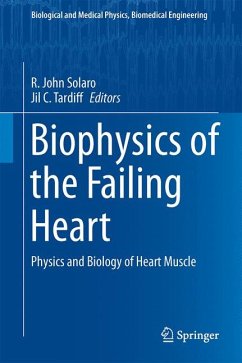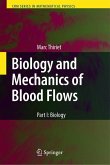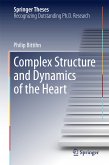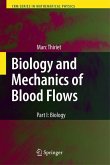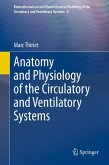Dieser Download kann aus rechtlichen Gründen nur mit Rechnungsadresse in A, B, BG, CY, CZ, D, DK, EW, E, FIN, F, GR, HR, H, IRL, I, LT, L, LR, M, NL, PL, P, R, S, SLO, SK ausgeliefert werden.
"This is an up-to-date synthesis of the molecular and cellular biophysics of both normal and various cardiac pathologies with an emphasis on heart failure. ... It is designed as a useful resource for cardiology practitioners and basic scientists looking for a current in-depth review of cardiac molecular biophysiology. ... The book is extensively illustrated with diagrams and figures. This is a necessary addition to the literature addressing the biophysiology in the failing heart. It will be useful to cardiovascular specialists and basic scientists." (Don A. Davis, Doody's Book Reviews, January, 2014)

